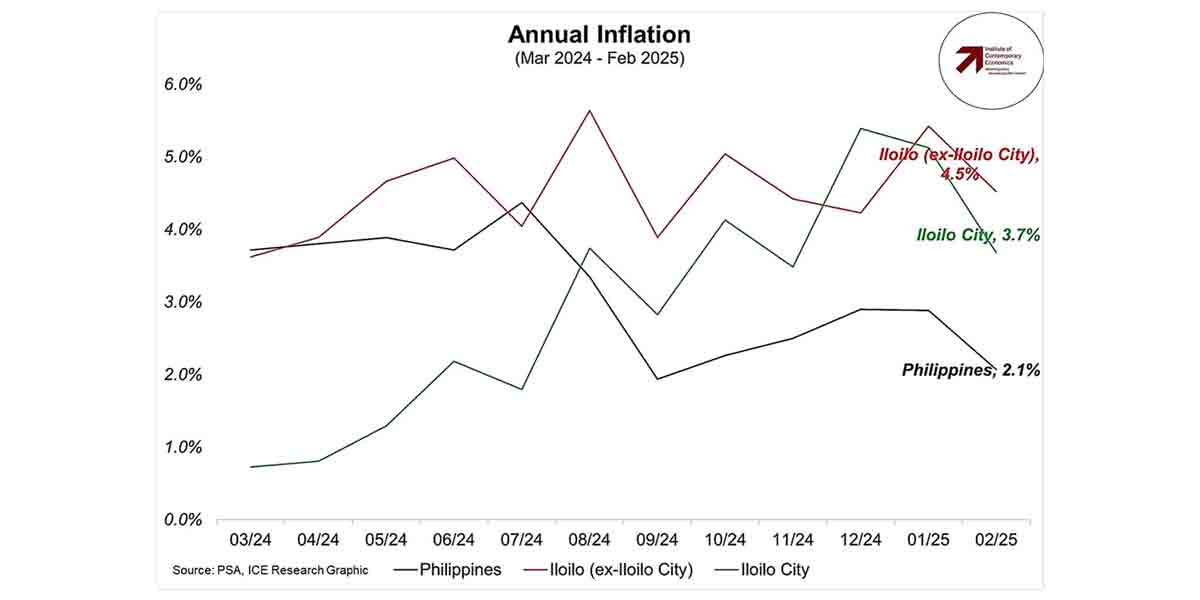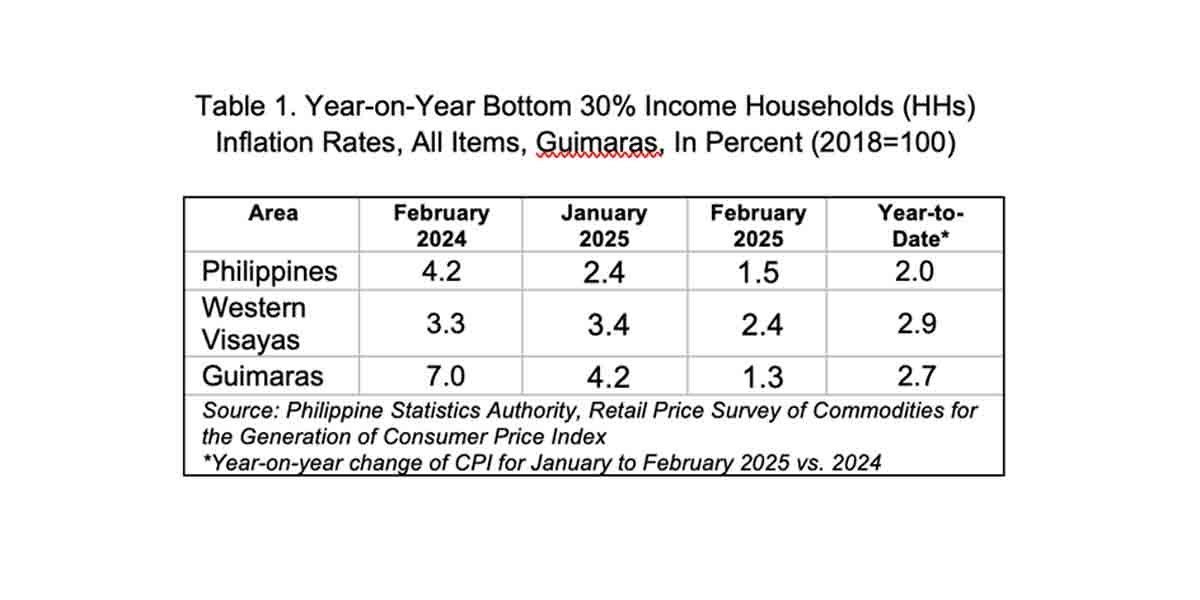The recent study by the Philippine Institute for Development Studies (PIDS) casts a stark light on the realities that beleaguer our local economies: the undeniable havoc wreaked by electricity supply interruptions.
The figures are more than troubling, with Iloilo City and province alone accounting for losses amounting to billions of pesos due to power outages.
Yet, what’s more alarming is the systemic inertia that has allowed such outages to persist and proliferate.
Blackouts are not just inconveniences; they are economic hemorrhages that drain local government coffers, stifle business operations, and compromise public services.
With each power cut, we see a dwindling in local government incomes, a setback for businesses, and a scaling back of crucial services like housing and community development.
The ripple effects are undeniable, and the solutions must be as impactful as the problems are profound.
Electric Cooperatives (ECs), at the heart of these outages, stand at a crossroads. The traditional approach to managing power distribution is evidently faltering under the weight of contemporary demands.
The call now is for these cooperatives to embrace a culture of truthfulness about their operational realities. They must step out of the shadows of outdated practices and into the light of transparency and accountability.
As primary distributors of electricity in various regions, ECs must shed their opaque operational habits and adopt more innovative and flexible management strategies.
It’s time to acknowledge that the outdated infrastructure, lack of investment in renewable energy, and resistance to regulatory reforms are not just internal issues but are contributors to the economic bleed-out of the localities they serve.
Transparency must be the new currency in which ECs trade. They need to provide stakeholders, from consumers to policymakers, with honest assessments of their capabilities, challenges, and plans to improve reliability.
With the median frequency of electricity interruptions reaching alarming heights, a concealed struggle serves no one. Openness will not only foster trust but also encourage collaborative efforts to find solutions.
Innovation is the twin necessity to transparency. Electric Cooperatives should be the vanguards of pioneering changes in energy provision. Renewable energy sources, such as solar and wind, offer not just environmentally sound alternatives but also pathways to more stable and self-sufficient local power grids. Investment in such technologies is no longer optional; it’s a vital artery to economic sustainability.
Flexibility in policy and practice will allow ECs to pivot as needed, responding to the dynamic demands of energy consumption and the evolving challenges of supply. This adaptability is crucial in a landscape where static methods falter under the pressures of climate change, technological advancement, and economic transformation.
The PIDS study is not merely a wake-up call; it’s a siren alerting us to the imminent threats to our economic vitality. Electric Cooperatives must heed this call by forging a path forward that is lit by the lanterns of truth, innovation, and flexibility. The cost of inaction is too high, and the price of continued power interruptions is one our local economies can no longer afford.
Let us then move forward with the understanding that every blackout dims our collective future. By demanding and supporting a transparent, innovative, and flexible approach from our Electric Cooperatives, we safeguard not just our present-day transactions but also the economic prospects of generations to come. It’s time for Electric Cooperatives to be as bright and as forward-thinking as the very power they are meant to provide.




















